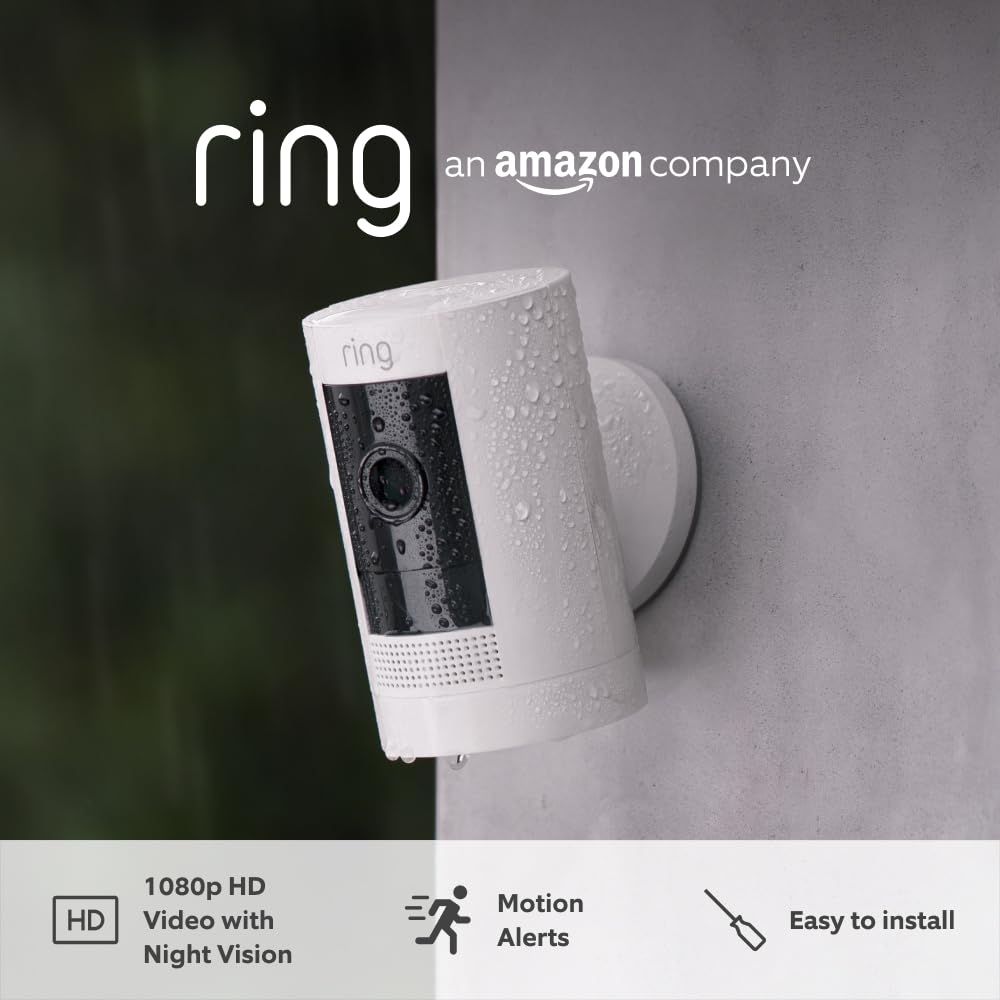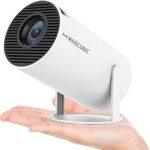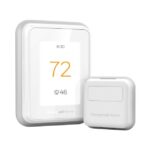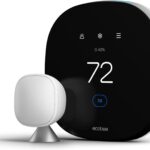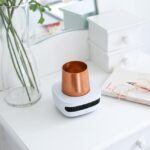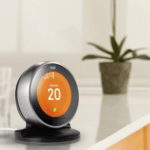Smart home security systems in the UK are making it easier for people like me to keep an eye on their homes right from a phone or tablet. Whether you’re into basic sensors or complete surveillance setups, these systems give you a lot more control and awareness than the old-school alarms ever could. Do you want to see who’s at your front door, get a heads-up about unexpected movement, or lock up when you’re away? With all the choices out there now, it’s easier than ever. In this article, I’ll break down how smart home security works, spotlight the devices worth considering, and share some personal tips to keep in mind when you shop for a system.
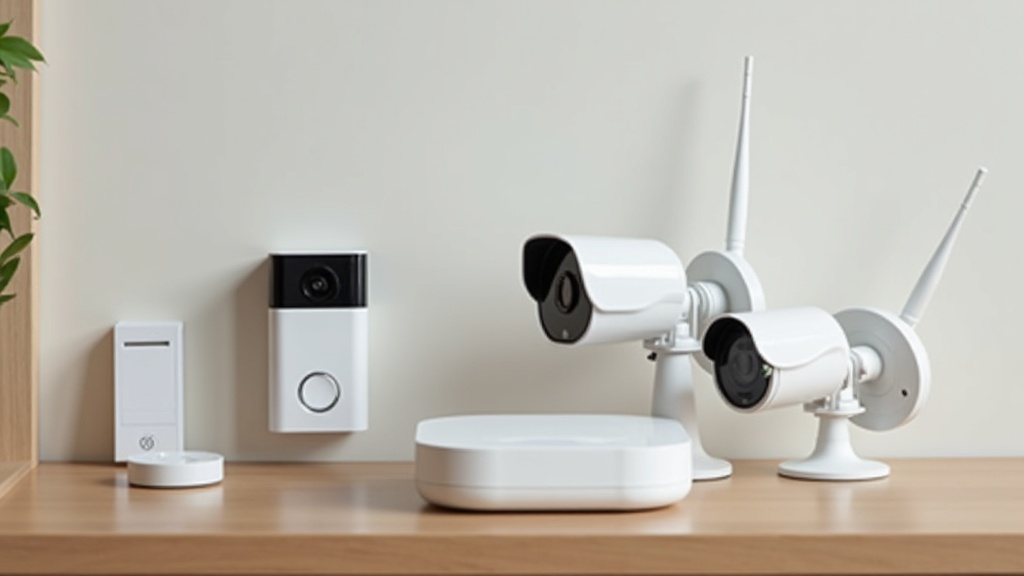
How Smart Home Security Systems Work in the UK
Smart home security uses internet connected gadgets that chat with each other and keep you updated in real time. Most systems link up to your WiFi, and you can control everything through an app on your phone—even if you’re thousands of miles away on holiday. Typical kit includes cameras, smart locks, window and door sensors, sirens, and sometimes even environmental detectors like smoke and water sensors to catch leaks or fire hazards early.
All these devices can be managed through a central hub or smart assistant (like Alexa or Google Home), which means you’re not stuck juggling different remotes or confusing panels. The best part? You can mix and match: start with a couple of devices, and add more as your needs grow. If you live in the UK, most top brands offer options that work with UK rules and smart home standards. Adding devices, like integrating motion lights with your cameras, can turn any home into a smart, responsive fortress.
Why Smart Home Security Is Worth Checking Out
- Remote Access and Control. See what’s happening at home, lock up, or set your alarm using your phone. It comes in handy if you have kids, pets, or regular parcel deliveries.
- Customisable Alerts. Get notifications for any unusual activity. Whether it’s movement on your driveway or a surprising window opening, you’re always in the know.
- Smart Integration. Connect your security with lights, thermostats, or voice assistants to keep things running smoothly. For instance, lights can snap on if movement is spotted at night.
- Peace of Mind. Knowing you can check in anytime, anywhere is a huge stress reliever. You don’t have to depend on neighbors or wonder if you locked up properly before heading out.
- Potential Savings on Insurance. Some UK insurers give discounts on homes that have a strong security setup, which could help you save money each year.
The Main Types of Smart Security Devices
These are the gadgets most UK homeowners go for:
- Smart Security Cameras. Watch live feeds, record video, and get alerts when motion is picked up. Doorbell cameras are especially popular for keeping tabs on who rings or drops off a parcel.
- Smart Locks. No more fumbling for keys. Smart locks give you remote locking and unlocking, one time codes for guests, and activity logs to see who enters or leaves your place.
- Door and Window Sensors. These simple tools let you know if an entryway opens when it shouldn’t. Some systems trigger a siren or send a message to your phone instantly.
- Motion Sensors and Alarms. Put these by the main doors or key spots in your home. The app lets you set zones or rules for alerts, and you can get creative with automations.
- Smart Hubs and Control Panels. Think of this as the brains of the operation. The hub makes it easy to control everything from one place and keeps devices in sync.
- Environmental Sensors. Systems that monitor for smoke, carbon monoxide, or flooding are lifesavers, especially in older homes or flats prone to water leaks.
How to Pick the Right Smart Home Security System
Finding the best fit means thinking through a few key points. Here’s my go-to checklist:
- Size of Your Home. Bigger houses might need extra cameras or sensors for decent coverage; small flats often need just a few well placed units.
- Compatibility. Make sure your system plays nice with your phone, WiFi, and any smart speakers you already own—like Alexa or Google Assistant.
- Installation. DIY wireless systems are perfect for renters or anyone wanting a quick setup, but pro installation can provide extra confidence if you’re less techy.
- Alert Preferences. Decide if you want push notifications, texts, sirens, or even calls. Some brands let you fine tune exactly when and how you hear about incidents.
- Data and Privacy. Look for systems with solid encryption and flexible local or cloud storage options. In the UK, GDPR applies, but always skim the privacy policies.
- Budget. Some brands are pay once, others add a monthly cost (especially for pro monitoring or cloud video). Know what you’re signing up for before you buy.
Top Picks for Smart Home Security Systems in the UK
If you’re planning on stepping up your security, try these handy systems:
- Best for General Use: Yale Sync Smart Home System. Easy to install, with battery powered sensors and an app to arm, disarm, or check alerts. Good camera choices too.
- Smart Doorbell Camera: Ring Video Doorbell. Combines a doorbell and security camera, offering motion video and chat with visitors right from your phone.
- Top for Smart Locks: Ultion Nuki Pro. Works on most UK doors and lets you open or close up from anywhere, plus you can issue access codes for guests.
- Budget Friendly Starter: eufy Security Kits. Known for fast setup and zero ongoing fees. You get motion alerts and video storage locally, no monthly bills.
- Complete Package: SimpliSafe Home Security. A box with everything you need: hub, sensors, keypad, and extra options for professional monitoring.
.👉 Check today’s deals on smart home security devices here.
Smart Security in Day-to-Day Life
- Watch your pets or kids with indoor cameras. Perfect for seeing what’s going on if you’re late at work.
- Get instant notifications if your back door pops open when no one’s scheduled to be home.
- Set up automation so the lights jump on if your sensors or cameras notice someone. That’s often enough to deter would-be intruders.
- Check parcels and chat with couriers via your video doorbell. This is a lifesaver for frequent online shoppers.
Quick Tips for Setting Up Your Smart Home Security
- Plan your camera placement for clear views of entrances, driveways, and other hot spots.
- Connect everything to your WiFi and update your router’s software to help protect against online threats.
- Customise notifications so you’re pinged for the stuff that matters, not every time a neighbour walks by.
- Test each device after setup to make sure all your sensors and alarms are actually active and communicating.
- Set up automatic routines, like arming your system when you head out, for a worry free experience.
FAQs About Smart Home Security Systems in the UK
Can I use more than one camera with my security system?
Yes, most setups support several cameras, and you can check all the feeds in one spot in the app.
Will my smart security work if the WiFi goes down?
You’ll lose remote control for a bit, but most sensors and sirens still work locally. Some kits include a cellular backup for extra peace of mind.
Is it tough to install smart security devices?
Most brands are built for DIY and really easy. But if you want someone else to handle it, pro install options are available.
Are my video recordings and private info safe?
Data is usually encrypted, but you should always check your system’s privacy policy. UK laws give you some extra protection over other places.
Ready to Make Your Home Smarter and Safer?
Adding smart security to your UK home can be straightforward. Whether you just want a video doorbell or a whole system, there’s an option for every property size and wallet. By going smart with security, you’re making life easier and a lot safer. If you want more tips or to check out the latest reviews, browse current top picks here.
